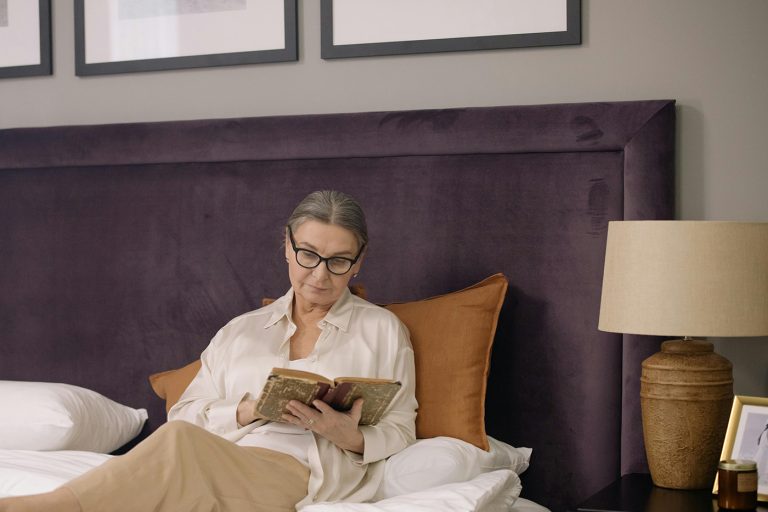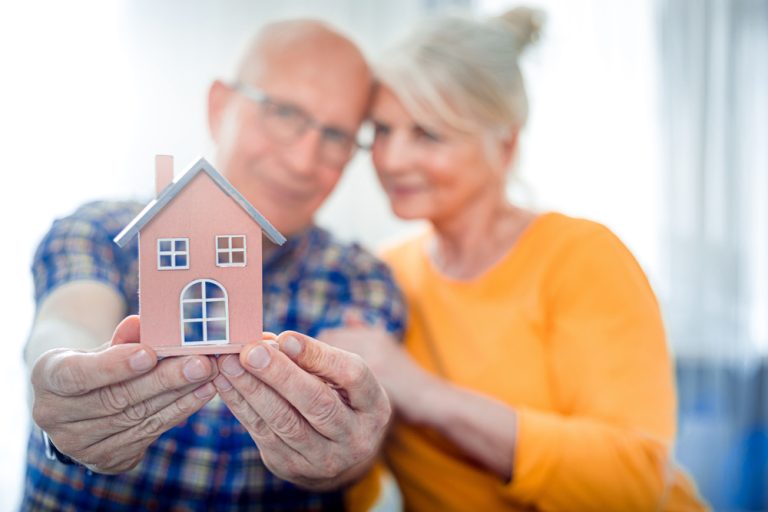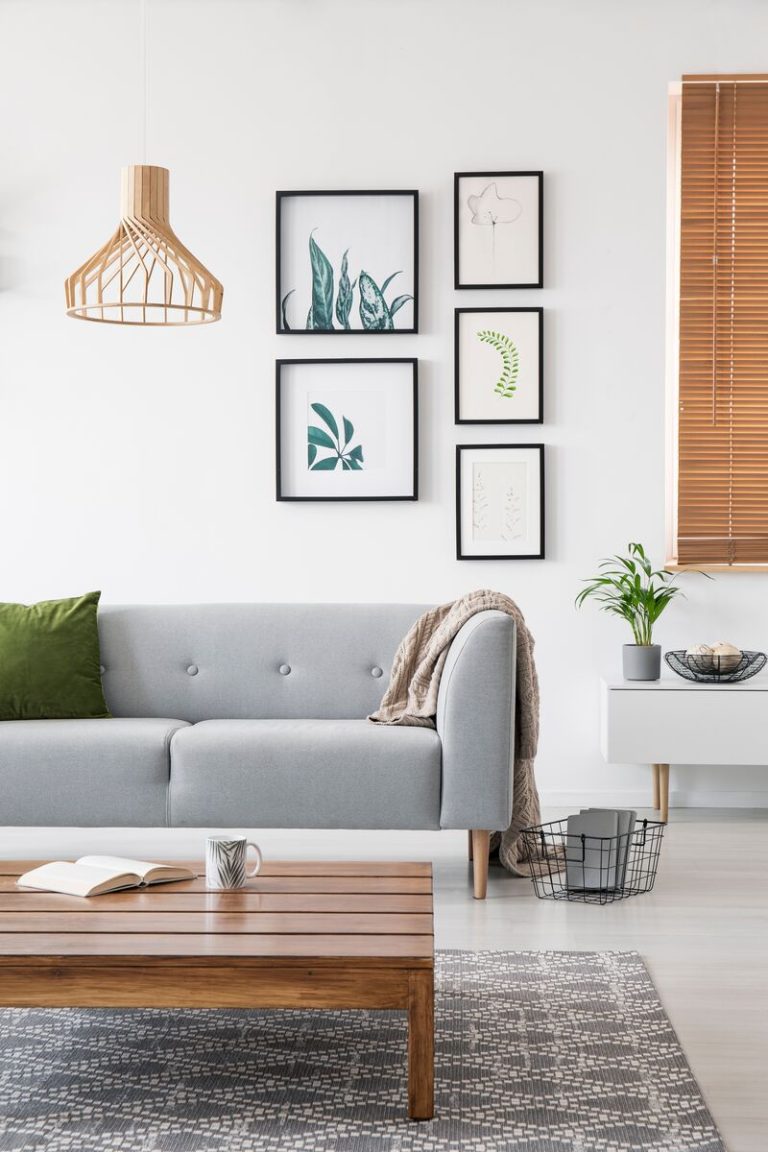
As humans, we spend approximately a third of our lives asleep. And while science still doesn’t fully understand everything that goes on with our brains as we sleep, what we do know shows that sleep is clearly important. As we age, our sleep habits may change, but sticking to a healthy sleep schedule and getting 7-9 hours of sleep each night is still a good way to get the most benefit out of shut eye.
What happens when you don’t get enough sleep
Unfortunately, for older adults 60 and over, insomnia is the most common sleep complaint. Not getting enough sleep can do more than just make you grumpy. It can also lead to memory issues, depression, and an increased risk of falls or other accidents. As we age, different conditions may contribute to less sleep. Sleep apnea, restless leg syndrome, and Alzheimer’s disease are all conditions that can make it hard to get a good night’s rest and contribute to other health concerns, such as high blood pressure. If you’re concerned about any of these, consult with your primary care doctor.
Health sleep habits for senior citizens
There are many natural sleep remedies for seniors. Habits and schedules are some of the most powerful ways to get plenty of rest.
- Stick to a regular sleep schedule
- Create a bed-time routine (listen to relaxing music, wash your face, do some light stretching)
- If possible, only use your bedroom for sleeping
- Avoid late-afternoon naps
- Keep sources of blue light out of the bedroom (TV, computers, smart phones)
- Don’t eat large meals or consume caffeine too close to bed-time
- Use low, comforting lighting in the evening and in the bedroom
- Set the right temperature
These sleep aids for senior citizens are some of the ways you can improve your bedtime habits. Everyone is different, so think about what you find most relaxing and incorporate it into your bedtime routine. Listen to your body to help you find the best sleep schedule for you.
Sleep safely
When we first wake up, we can feel disoriented. Take steps to make your sleeping area safer.
- Keep a lamp within easy reach of your bed
- Have a phone and emergency numbers on the bedside table
- Don’t smoke in bed
- Keep water handy in case you get thirsty
- Remove tripping hazards, such as area rugs or cords, from around the bed
Get comfortable at FellowshipLIFE
Having a comfortable space to call it a night is another important part of getting plenty of sleep. FellowshipLIFE has four wonderful communities to choose from offering Independent Living, Assisted Living, Memory Care, and Skilled Nursing, each with comfortable floor plans for you to make a cozy home. Contact us today to learn more about our communities.




